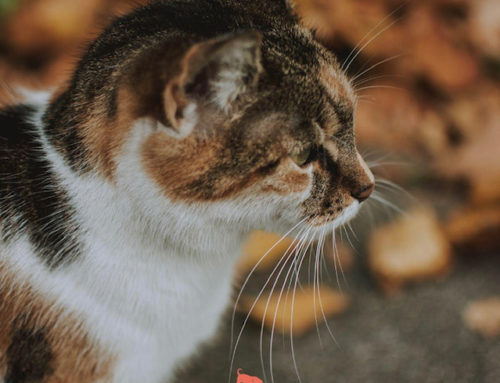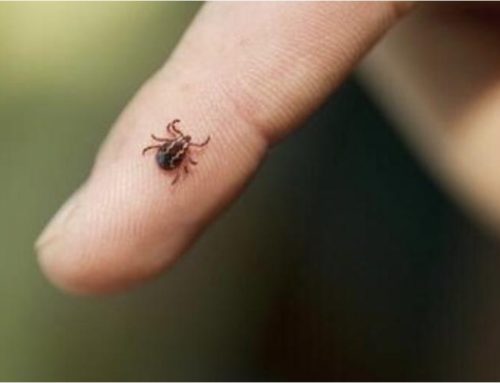“Leaves are falling, Autumn is calling.
Hello from the team, It’s hard to believe that we will soon be back to darker nights. However for some autumn can be a real joy.
With some diseases seasonal and more of a threat this time of year, we thought we would give you some information as by learning more, we can help keep your pets safer.
 Harvest Mites
Harvest Mites
Harvest mites (Neotrombicula autumnalis) are tiny, bright orange mites that live in soil. They are common in woodland and grassy areas, and are most active between August-November. Harvest mites will attach to, and feed from dogs, cats and humans.
If your animal picks up a harvest mite infestation, they will become itchy and uncomfortable. Some are extremely sensitive to harvest mite saliva and develop intensely itchy, red, inflamed skin where they’ve been bitten. Infestations are most common in between toes, on the feet, legs, armpits, genitals, tummy, and can occasionally affect the ears.
One of our vets will be able to prescribe a product to kill the mites and give something to reduce the itch.
Seasonal Canine Illness
Seasonal canine illness is a condition that affects dogs in the autumn. Although no one is sure what causes canine seasonal illness, it’s suspected that it could be linked to harvest mites. It typically occurs a few days after walking in woodland, and causes symptoms such as vomiting, diarrhoea, lethargy, a high temperature and muscle tremors. Left untreated, canine seasonal illness can be fatal. Contact us immediately if your dog has symptoms of canine seasonal illness, especially if they have recently been in woodland, or have symptoms of harvest mites.
Alabama Rot
Alabama rot is a very rare, potentially life-threatening disease that blocks and damages the blood vessels in a dog’s skin and kidneys.
The appearance of skin sores not caused by a known injury is a symptom of Alabama rot. In typical cases, skin lesions have appeared below the knee or elbow and occasionally on the face or at the bottom of the chest or abdomen.
There may be visible swelling, a red patch or an visible ulcer. Alongside this, reduced appetite, drinking more, vomiting and lethargy are signs of acute kidney injury. Please call us immediately if your dog is displaying any of these symptoms.

Antifreeze poisoning in cats
Cats are attracted to the sweet smell of antifreeze. As we approach the colder months and people top up and refill their vehicles please be vigilant and should your cat display any of the following signs (which typically are seen from 30 minutes to 12 hours after ingestion):
- Nausea and vomiting
- Mild to severe depression
- Wobbly, uncoordinated or drunken-appearance
- Twitching muscles
- Short, rapid movements of the eyeball
- Head tremors
- Increased urination and increased thirst
Please call us immediately.
Acorns and Conkers
Dogs may try to scavenge acorns and conkers. Acorns in particular can cause vomiting and diarrhea. Regular ingestion can eventually lead to kidney and liver problems.
 Not forgetting the small furries..
Not forgetting the small furries..
If your rabbits or guinea pigs are kept outside, now is the time to start planning their location for the colder months ahead. If you have a garage or shed you can move them into there for the winter. If you don’t, their hutch will need to be protected from the weather to keep them warm, spare blankets or off cuts of carpet can be used as insulation. Something will need to hang down the front of the hutch to protect them from the elements.
- Do not use hot water bottles or electric blankets as they can burn your small furry pet. Instead add extra bedding to keep them warm and more cosy.
- Rabbits and guinea pigs can have a little extra hay in addition to their usual feed to increase their calorie intake.
- To avoid water bottles from freezing you can try wrapping them in bubble wrap.




